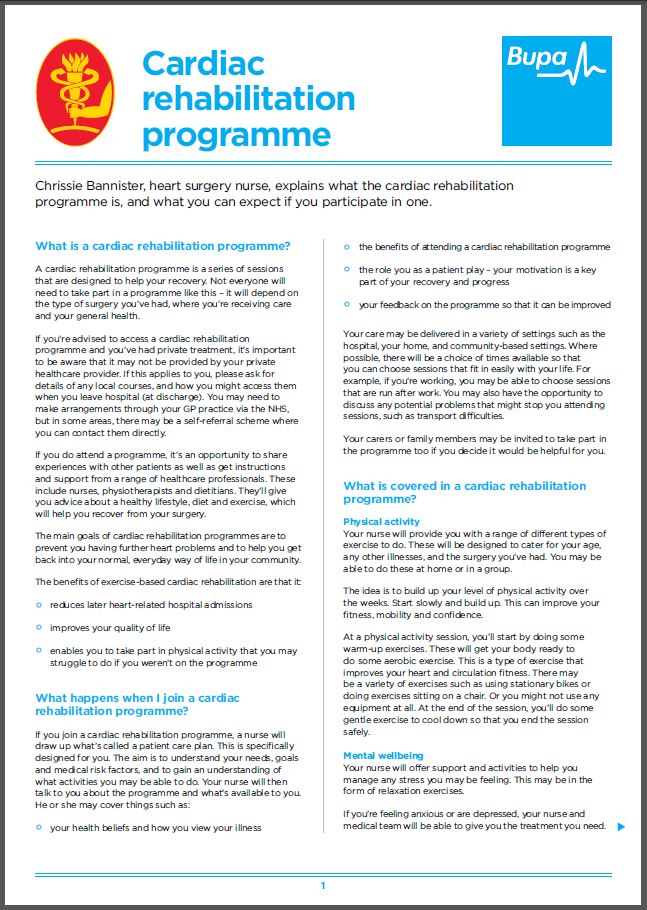As specified under Subsection 150. 01. a. iii. counseling practicum experience rather than task or internship experience shall be supervised at a ratio of one (1) hour of supervision for each ten (10) hours in the settings. For example: (3-29-12) A person in a twenty (20) hour per week job/internship who is getting one (1) hour of private guidance every week would collect one thousand (1,000) supervised hours in fifty (50) weeks to equal the twenty to one (20/1) ratio.
( 7-1-93) A person in a forty (40) hour per week setting with 2 (2) hours of supervision weekly would build up the one thousand (1,000) hours at the twenty to one (20/1) guidance ratio in twenty-five (25) weeks. (7-1-93) Till July 1, 2004, the guidance must be offered by an Expert Counselor or a Medical Expert Therapist certified by the state of IdahoSupervision by an expert counseling peer, however, might be acceptable to the Board if the peer/supervisory relationship include the same controls and treatments anticipated in an internship setting.
02. a.) For example, the relationship must consist of the staffing of cases, the critiquing of counseling tapes and this guidance must be conducted in a formal, expert, consistent manner on a regularly scheduled basis." Students are accountable for guaranteeing a site manager is registered with the IBOL prior to accepting a website for practicum or internship.

states and areas where licensure is intended to guarantee that you have the most up-to-date details about licensure requirements and confirm how an ISU program aligns with those requirements. Due to the fact that requirements may change throughout the course of your program of research study, we recommend that you inspect licensing agency requirements regularly to keep track of whether any changes may affect your licensure strategies.
Trainees who are preparing to specialize as medical rehab counselors will show the professional knowledge and skills required to resolve a wide variety of scenarios within the medical rehabilitation therapy context. Counselor education programs with a specialized area in medical rehab counseling should record where each of the lettered requirements noted below is covered in the curriculum.
e., physical, spiritual, sexual, professional, social, relational, and leisure) transferable skills, functional evaluations, and job-related assistances for attaining and keeping significant work for individuals with disabilities function of household, socials media, and community in the provision of https://www.google.com/maps/d/drive?state=%7B%22ids%22%3A%5B%2212cCPxSyear6VMywJTKkS0593Y8Tm0MWW%22%5D%2C%22action%22%3A%22open%22%2C%22userId%22%3A%22117422177869594849721%22%7D&usp=sharing services for and treatment of people with disabilities ecological, attitudinal, and specific barriers for people with impairments assistive innovation to reduce or get rid of barriers and functional limitations legislation and government policy appropriate to rehab counseling cultural elements appropriate to rehabilitation counseling expert problems that impact rehabilitation therapists, consisting of independent service provider status, skilled witness status, forensic rehabilitation, and access to and practice advantages within managed care systems record keeping, 3rd party repayment, and other practice and management issues in rehab counseling expert companies, preparation requirements, and credentials appropriate to the practice of clinical rehabilitation therapy legal and ethical considerations specific to clinical rehab therapy PRACTICE diagnostic interviews, mental status examinations, sign stocks, psychoeducational and personality evaluations, biopsychosocial histories, assessments for treatment preparation, and assessments for assistive innovation requires career- and work-related assessments, including job analysis, work website adjustment, transferrable skills analysis, task readiness, and work hardening methods to promote for persons with disabilities methods for interfacing with medical and allied health professionals, consisting of interdisciplinary treatment teams techniques to talk to and educate employers, educators, and households regarding availability, Americans with Disabilities Act compliance, and lodgings.
Rehab counseling is a profession that holistically uses therapy skills to help individuals with psychiatric, developmental, cognitive, emotional, or handicaps to attain their maximum level of self-reliance, integration, and participation in the community and the world of work in accordance with each individual's individual goals, career aspirations, and understanding of lifestyle.
The 10-Minute Rule for How To Rehab A Shoulder
Rehab counseling involves getting rid of attitudinal and ecological barriers through using therapy innovation, advocacy, and support. Psychological health counselors offer a variety of services that deal with the psychological and psychological wellness of those they serve. The primary objective of a mental health counselor is to guide individuals toward reaching their mental health objectives and keeping ideal levels of psychological health.
In all applications, mental health counselors are dedicated to producing a safe, encouraging environment for clients to share their ideas and sensations freely. According to the Bureau of Labor Stats, both rehab therapy and psychological health therapy have appealing, faster-than-average job outlooks. The projected percent modification in employment from 2016 to 2026 is 13% for rehabilitation counselors and 23% for mental health therapists.
For students who prepare to pursue a career in mental health counseling, the rehabilitation curriculum introduces them to accessing community resources, offering trade assistance, and embracing a holistic view of their clients' lives. For those who plan to work in rehab therapy, the mental health part of the program teaches techniques that will allow them to build successful therapeutic relationships and connect mentally with their customers.
There are no particular requirement courses or requirements for the program (how much caffeine in monster rehab). Individuals who pursue therapy careers generally have an aptitude towards helping others and have an awareness of the experiences that individuals with impairments face. They are devoted to creating opportunities for individuals with specials needs to enhance working and pursue goals for work and adult life in the neighborhood.
Successful candidates have the ability to use understanding to produce opportunities for individuals with disabilities; are non-judgmental and empathetic, and hold to ethical suitables that accommodate private requirements. Being self-aware, arranged and a hard employee are likewise handy attributes. The common size of an incoming class is 25 trainees. There are five irreversible faculty and 6 adjunct professors.
A big component of the program centers around educating clients about maintaining a healthy life, so the same state of mind is reached trainees. Courses consist of various parts including comprehensive projects, immersive experiences, literature evaluations, collective tasks, interprofessional experiences, and, obviously, exams. All elements of the curriculum are purposefully included to teach specific abilities as designated by CORE and CACREP.
Yes, the internship includes a full-time, 40 hours-per-week positioning at a clinical site that matches the student's interests during the spring semester of the 2nd year. In addition, students are engaged in a practicum throughout the fall semester of their second year in which they work 8 to 10 hours per week at a designated counseling site as an intro to real-world counseling experience.
How To Involuntarily Commit Someone To Drug Rehab - An Overview
The effective completion and defense of a master's thesis, paper, or project is needed as partial fulfillment of the requirements for graduation. The master's thesis is a thorough research study job. If a student selects to complete a master's thesis, they are needed to adhere to the Graduate School thesis requirements, timelines, and guidelines.
The master's paper is an in-depth analysis or substantial evaluation of the literature to respond to specific research study concerns. The master's paper option does not require the trainee to perform their own research. The master's project is an opportunity for students to develop a product that might be used in the genuine world (such as a new treatment manual or intervention strategy).
